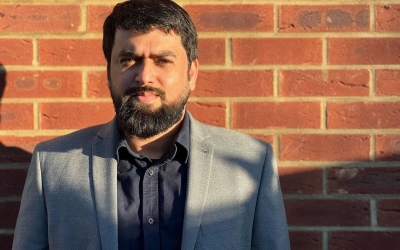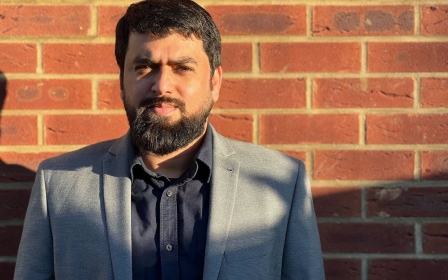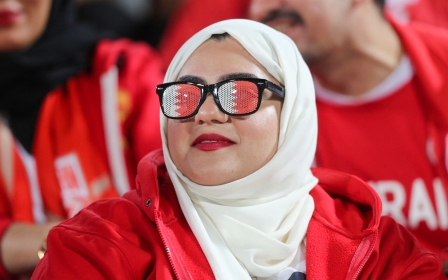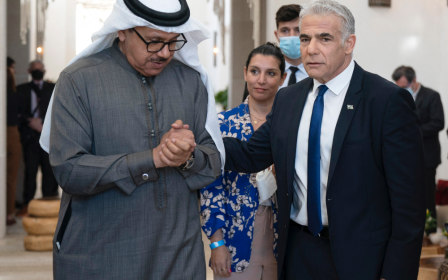Bahrain court upholds charge against prominent rights defender after denying legal access
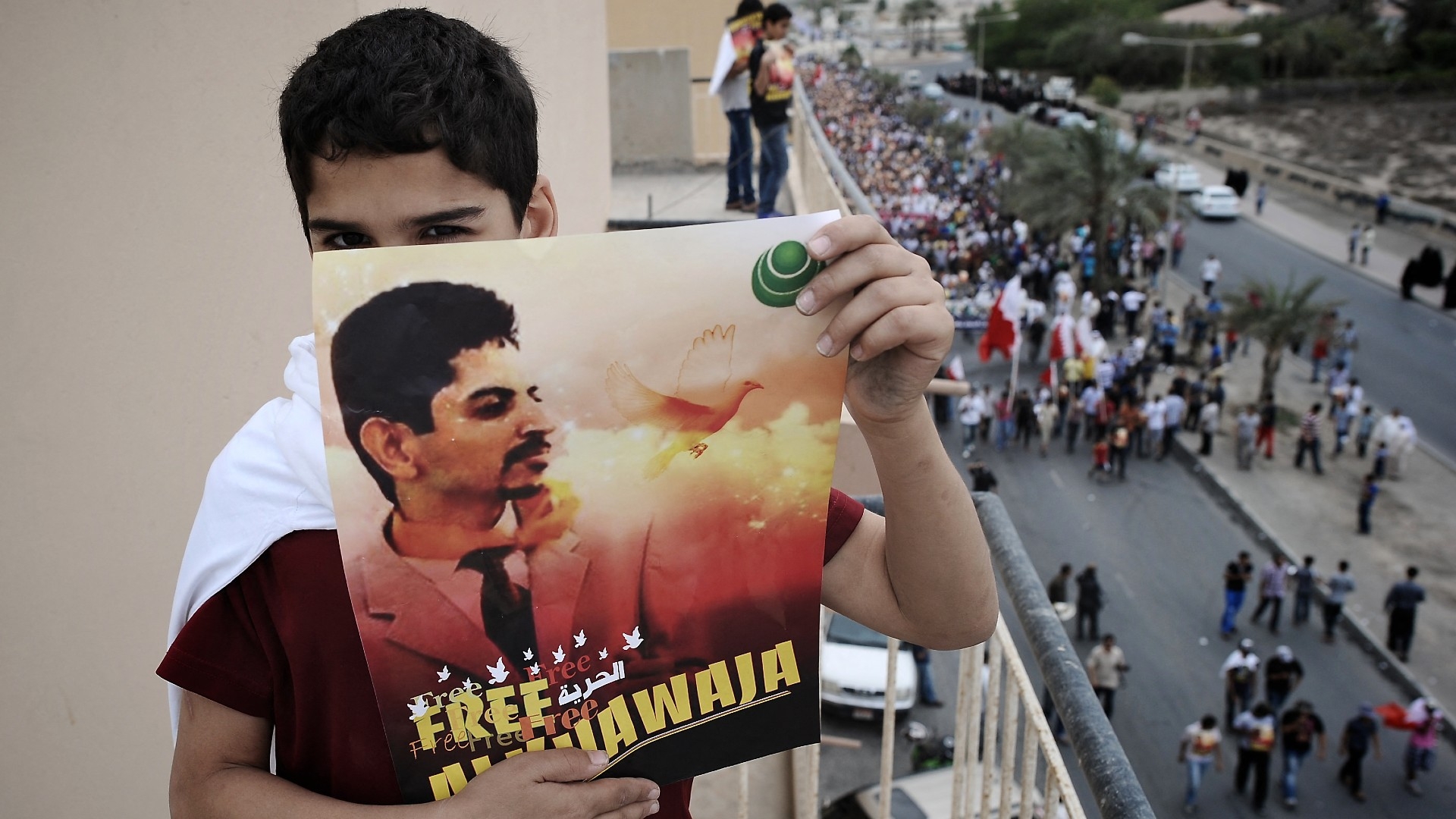
A Bahraini court upheld charges against one of the country's most prominent human rights defenders on Thursday, after denying him access to an appeal hearing, according to his family and rights campaigners.
Abdul-Hadi al-Khawaja, 61, was initially imprisoned in 2011 after leading peaceful protests calling for fundamental freedoms in the kingdom.
Last year, he was handed fresh new charges, including allegations that he broke a plastic chair when denied the right to call his daughters from prison and insulted a prison guard.
He was convicted on 28 November and fined the equivalent of £353 ($418 USD). His family described the charges as "bogus" at the time and said that he was denied legal representation.
On Thursday, the High Criminal Second Court of Appeal upheld the charge of allegedly breaking the chair.
New MEE newsletter: Jerusalem Dispatch
Sign up to get the latest insights and analysis on Israel-Palestine, alongside Turkey Unpacked and other MEE newsletters
"The court decided to accept the appeal in its general form but rejected its subject matter and upheld the [appeal] ruling," the Free Al-Khawaja campaign said in a statement.
"My father was both prevented from attending the hearing yesterday and his lawyer was not allowed to visit him prior to the hearing," his daughter Maryam al-Khawaja told Middle East Eye on Friday.
"I am not shocked by the court's decision since the court is doing exactly what it is intended to do: violate rights and punish human rights defenders like my father."
'Disregard for international standards'
Khawaja instructed his legal defence to withdraw from the appeal proceedings on Thursday on account of denying him access to the court and to his lawyers prior to the meeting.
His legal representative handed a letter written by the detainee to the judge and withdrew from the courtroom.
In the letter, Khawaja states: "Upon examining the file of this case and similar cases, it becomes clear that there is a complex network of laws, procedures, and security, legal, and judicial institutions working in unison to violate the rights of prisoners, especially those who oppose the regime, rather than protecting those rights."
On Friday, Maryam tweeted an audio recording from her father in prison, stating that she was concerned for his physical safety.
In the audio clip, Khawaja alleges that prison authorities attempted to send him into a room alone with a police official. Khawaja was convicted of insulting the official when referring to him as a "torturer" of prisoners. He says that this was done in response to his letter to the judge.
"Despite over a decade of unlawful imprisonment that followed horrific torture, Abdul-Hadi al-Khawaja continues to inspire and is determined to defend his rights and others," said Sayed Ahmed Alwadaei, Director of the Bahrain Institute for Rights and Democracy (BIRD).
"Today's judgement illustrates the corruption that lies at the core of Bahrain's judiciary and its complete disregard for international standards."
Middle East Eye has reached out to the Bahrain embassy in the UK for comment.
Khawaja is a longstanding human rights defender who co-founded the Gulf Centre for Human Rights (GCHR) and the Bahrain Centre for Human Rights, for which he also served as president.
In June last year, he was named the winner of the Martin Ennals Award given to human rights defenders who show deep commitment to their cause despite significant personal risk.
The European Parliament adopted a resolution on 15 December calling for Khawaja's immediate and unconditional release, among other Bahraini political prisoners.
Middle East Eye delivers independent and unrivalled coverage and analysis of the Middle East, North Africa and beyond. To learn more about republishing this content and the associated fees, please fill out this form. More about MEE can be found here.


